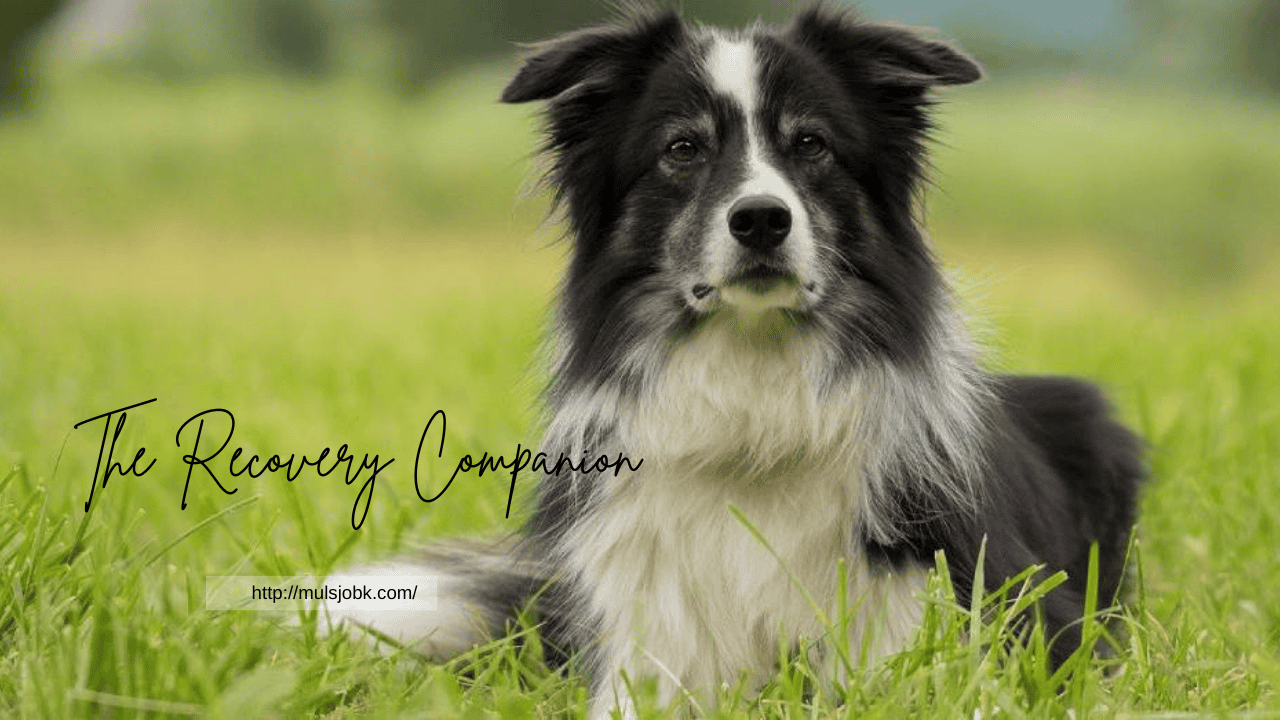 Recovery from addiction and mental health challenges is a journey that requires more than willpower. It involves rebuilding structure, rediscovering purpose, and finding sources of comfort that encourage long-term healing. While professional treatment, counseling, and holistic care are essential, many individuals discover an unexpected ally in recovery through the companionship of a dog. These loyal animals do more than provide affection. They help foster responsibility, routine, and renewed hope for a healthier future.
Recovery from addiction and mental health challenges is a journey that requires more than willpower. It involves rebuilding structure, rediscovering purpose, and finding sources of comfort that encourage long-term healing. While professional treatment, counseling, and holistic care are essential, many individuals discover an unexpected ally in recovery through the companionship of a dog. These loyal animals do more than provide affection. They help foster responsibility, routine, and renewed hope for a healthier future.
The Importance of Structure in Recovery
One of the greatest challenges during early recovery is restoring daily structure. Addiction often disrupts routines and creates patterns of unpredictability that can linger long after treatment begins. Dogs, by their very nature, require consistency. Feeding times, regular walks, and play sessions create a rhythm that helps individuals stay grounded. Establishing this daily routine reduces feelings of chaos and supports the discipline needed for long-term sobriety.
Daily Care as a Form of Stability
When someone commits to caring for a dog, they naturally adopt healthier patterns of behavior. Morning walks encourage earlier wake-up times, mealtimes keep the day on track, and playtime promotes balance between responsibility and joy. Over time, these consistent practices reinforce accountability, which is an essential skill for recovery.
Responsibility and Purpose in Healing
Addiction often robs people of responsibility and leaves them feeling detached from meaningful purpose. Caring for a dog reverses this by offering a clear and rewarding role. A dog depends on its owner for food, safety, and love. Meeting those needs gives individuals a renewed sense of purpose and value. This responsibility becomes an anchor during difficult moments, reminding people that their choices impact not only themselves but also the life of their trusted companion.
Rebuilding Self-Worth Through Care
Many individuals in recovery struggle with guilt or shame from their past. Dogs, however, live fully in the present. They do not judge or hold grudges. This unconditional acceptance helps rebuild self-esteem and encourages self-forgiveness. Providing care for a dog demonstrates to the individual that they are capable of nurturing, protecting, and committing again, which strengthens confidence in their ability to sustain recovery.
Emotional Comfort and Connection
Beyond structure and responsibility, dogs offer deep emotional support. Studies show that interacting with dogs lowers stress, reduces anxiety, and boosts mood by increasing oxytocin levels. For those in recovery, this comfort is invaluable. Dogs provide companionship during lonely moments and reassurance during times of emotional struggle. Their presence fills the silence that can sometimes feel overwhelming in sobriety, helping individuals avoid isolation, which is a known trigger for relapse.
Integrating Canine Companionship into Holistic Recovery
Holistic and faith-based treatment centers often encourage approaches that nurture body, mind, and spirit. Dogs fit seamlessly into this model of care. Their companionship complements counseling, group therapy, and spiritual practices by providing tangible, daily reminders of hope and unconditional love. As part of an individualized recovery plan, canine support can strengthen resilience and provide motivation to keep moving forward.
Taking the Next Step
Recovery is not just about letting go of the past. It is about creating a future filled with structure, purpose, and connection. For many, a dog becomes more than a pet. They are a companion who inspires responsibility and reminds their owner of the joy that comes with living fully. If you or a loved one are seeking compassionate and holistic support in addiction recovery, know that help is available. Rebuilding your life is possible, and sometimes healing begins with the simple act of caring for another.